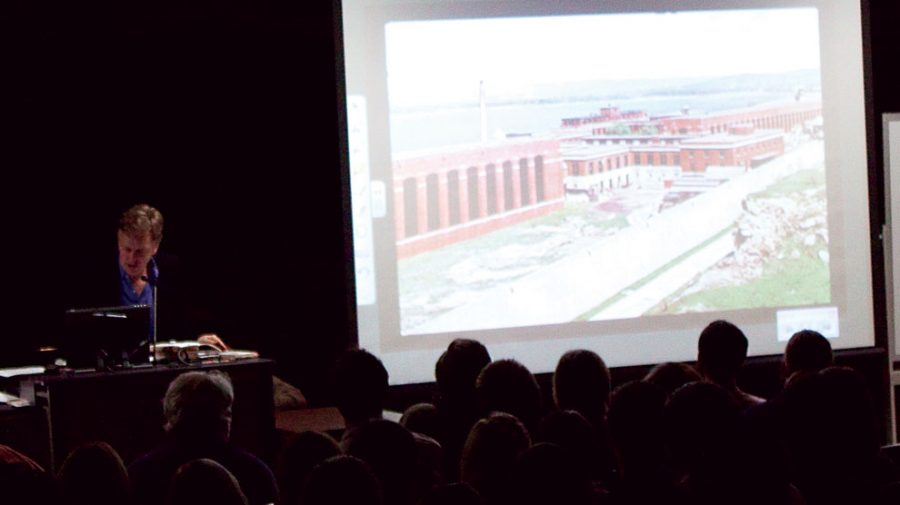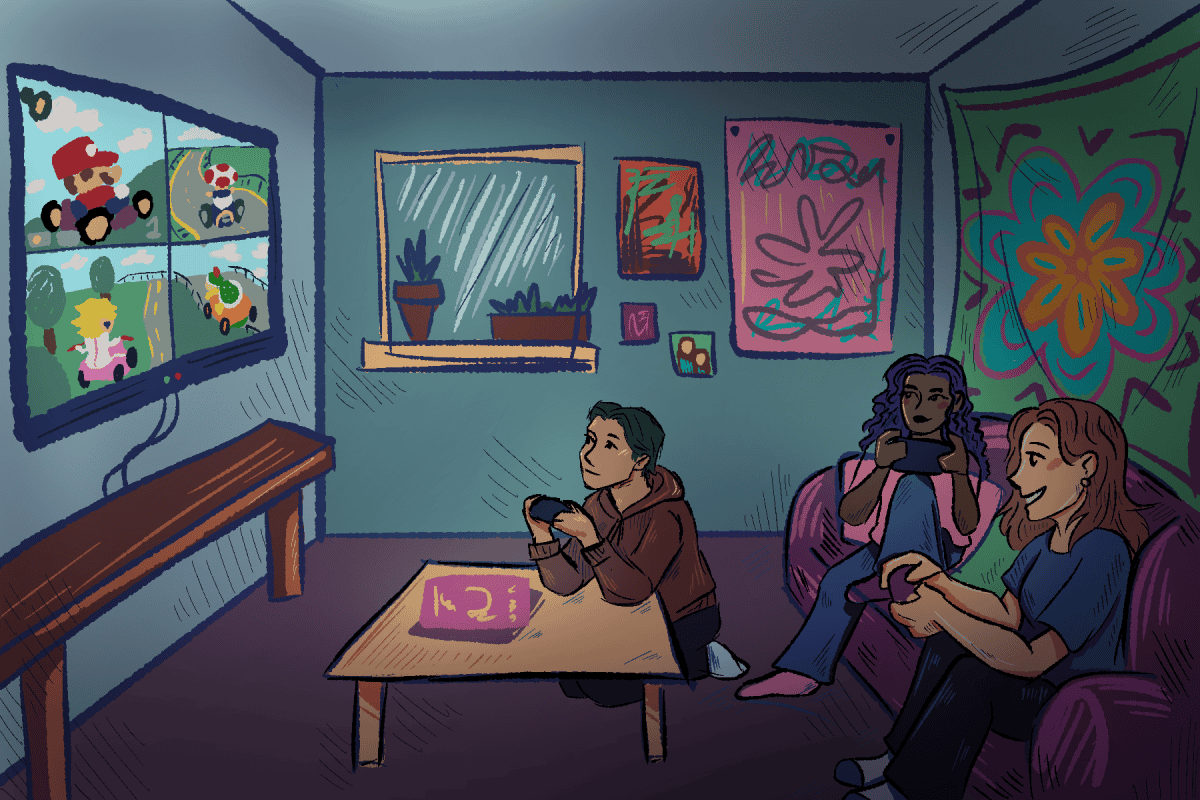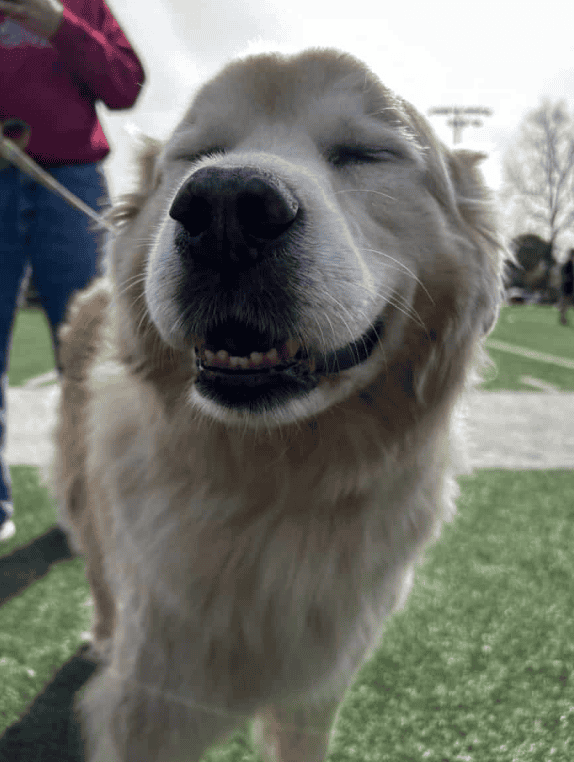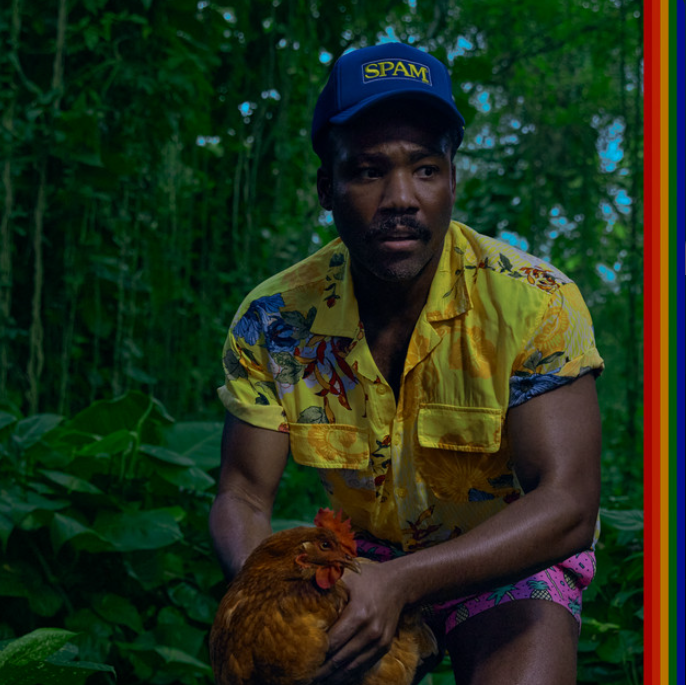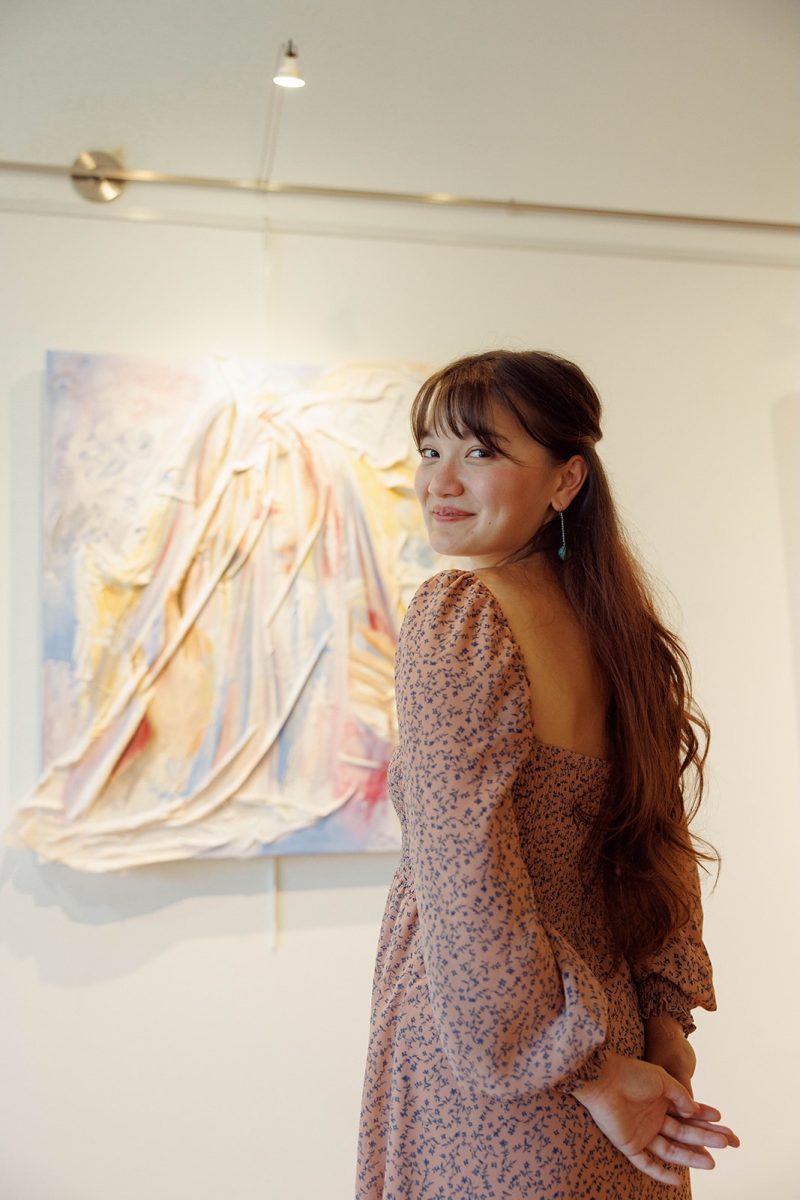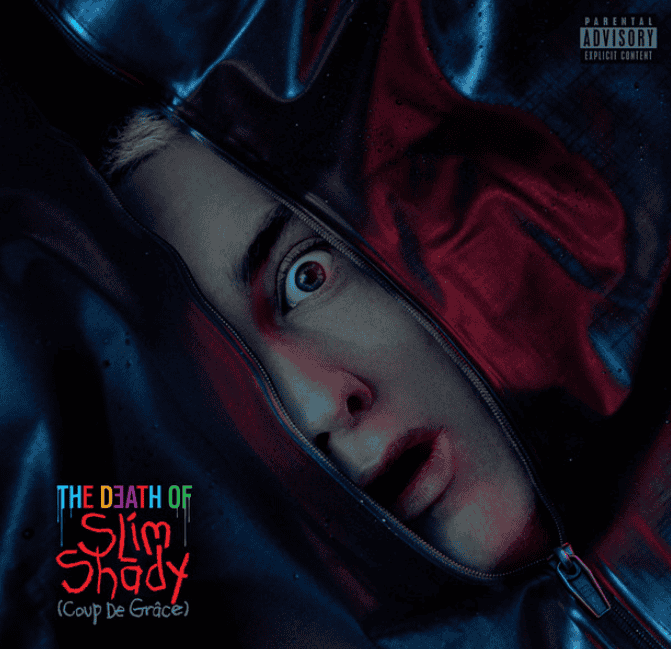Most English students at the University do not live as hobos or travel the roads of Peru.
Ted Conover found a way to connect these and other experiences of his own to the writing techniques of college English students.
Ted Conover spoke to a group of about 200 students and faculty last night about his writing experiences, and offered advice to students. Conover emphasized the importance of place description in writing, using examples from his own works.
The Bankhead Visiting Writers Series, Honors College, department of journalism, English department, College of Arts and Sciences and Housing and Residential Communities worked together to bring Conover to campus.
Wendy Rawlings, the coordinator of the Bankhead Visiting Writers Series said Conover’s talk was unlike most authors who have spoken at the University.
“He personally e-mailed us and asked what he should talk about and who his audience was,” Rawlings said. “He could have just stood there and read his works for an hour, like most authors, but instead you could tell he really tailored his talk to the audience of students and was really trying to be thoughtful.”
Conover’s talk focused on the lessons learned not only in the classroom, but also from personal experience and focused on the use of the five senses in description.
Despite a start in formal education, Conover’s first work, “Rolling Nowhere” was inspired by life on the road with hobos, drawn from time spent traveling with the homeless after college.
Conover went on to write “Newjack,” a memoir of his experience as a prison guard at Sing Sing Prison in New York, and most recently wrote “Routes of Man,” a look at the importance of roads and travel around the world.
“I’m still expecting to wake up from this experience,” Conover said. “I am so incredibly lucky to have a job that lets me go all over the world and ask people questions. It’s an amazing world.”
Conover said the experiences he writes about require a use of description to not only help the reader connect with the story, but also to help the reader gain feelings similar to what Conover himself has in each place.
“I’m not sure exactly what sense that is, but it’s a feeling a place gives,” Conover said. “That particular ‘W,’ ‘where,’ [of the five ‘W’s’- who, what, when, where and how] makes a huge difference in the fabric of the story,”
Conover gave some examples, beginning with an audio reading from E.B. White’s “Charlotte’s Web.” As the narrative echoed throughout the room, Conover silently mouthed the descriptive excerpt he played for the audience. Focusing on the use of the five senses in describing not only the place, but also feelings, Conover then shifted to his own works.
As he read from “Rolling Nowhere,” “Newjack” and “Routes of Man,” Conover showed the audiences pictures from his experiences on a Power Point presentation, showing the people and places his writing has allowed him to experience.
“In your own writing you have to find what makes each place individual in someway,” Conover said. “Whether it’s the people you encounter or an event that happens there, it’s that difference that makes it interesting.”
Chris Roberts, a journalism professor at the University, said Conover and his experiences have a lot to teach students of journalism and writing.
“You’ve got to have respect for anybody who will ride the rails with hobos,” Roberts said. “And not only that, but write about it with such skill.”
While Conover references the importance of education, current events and research, he said he believes there are some things that cannot be learned in a classroom.
“It helps to stop doing research and just tune into what’s entering into your very pores,” Conover said. “Getting out there and experiencing it – that’s the best kind of research you can do.”

